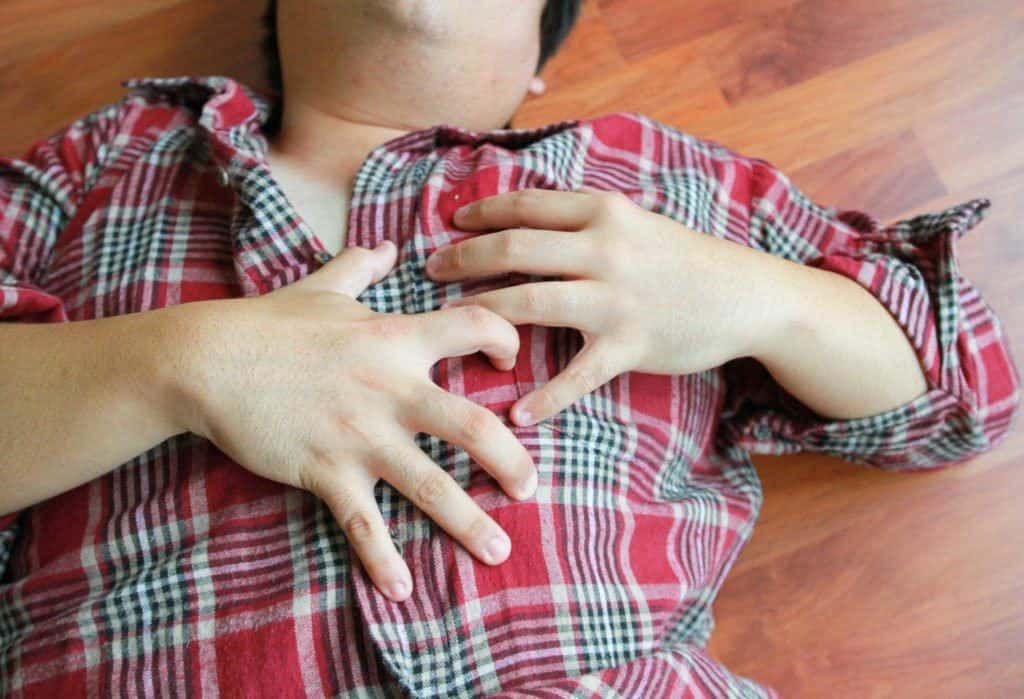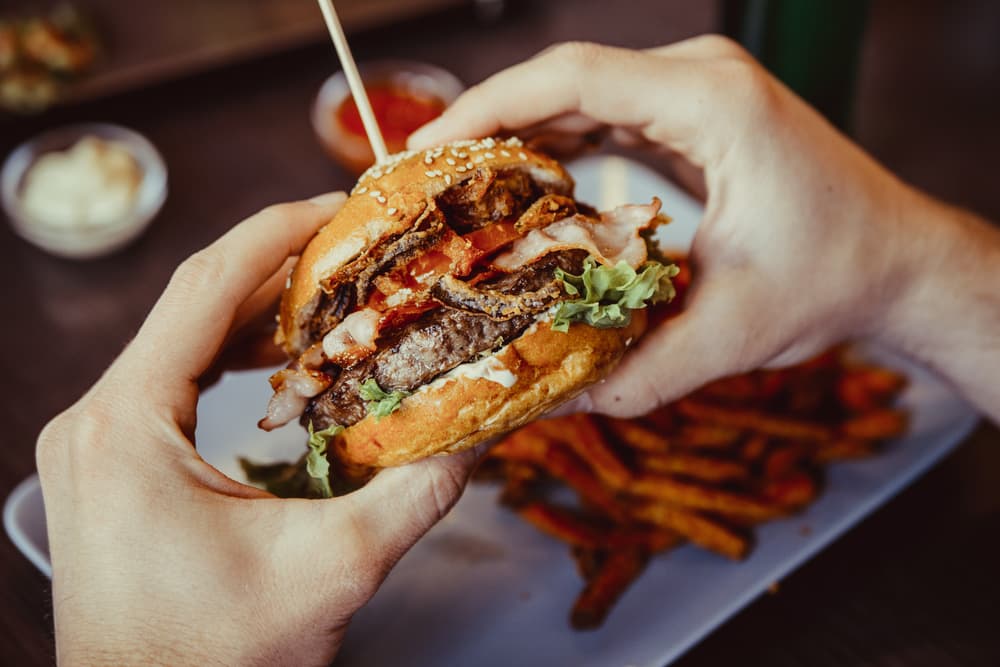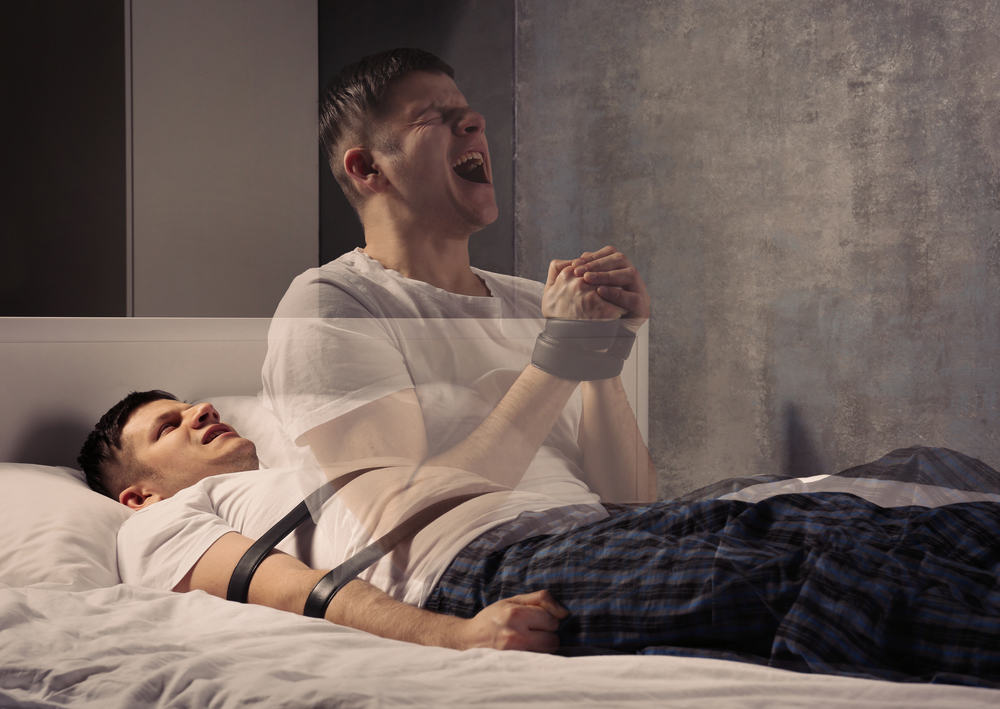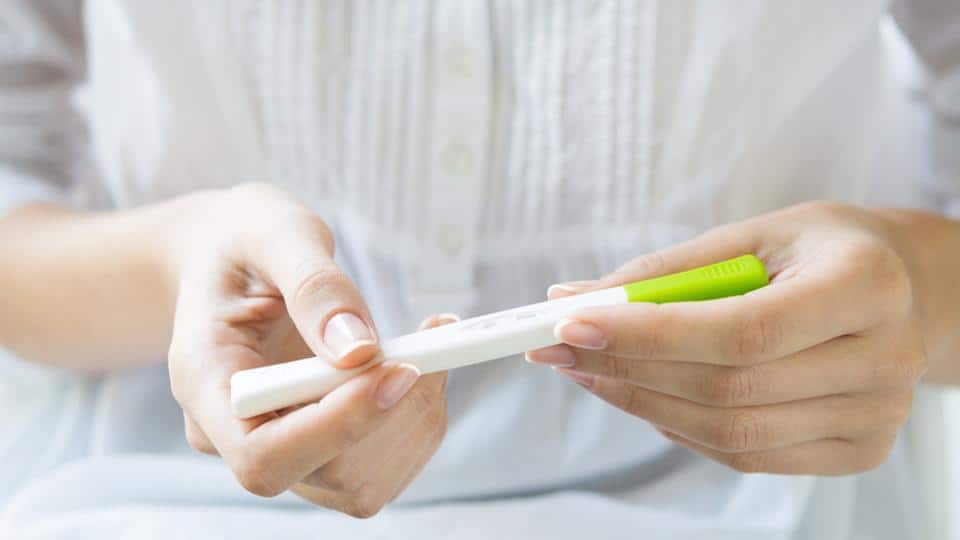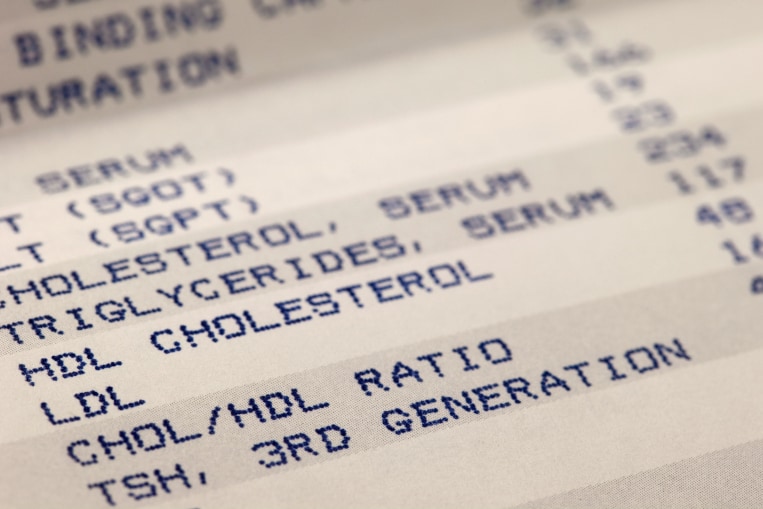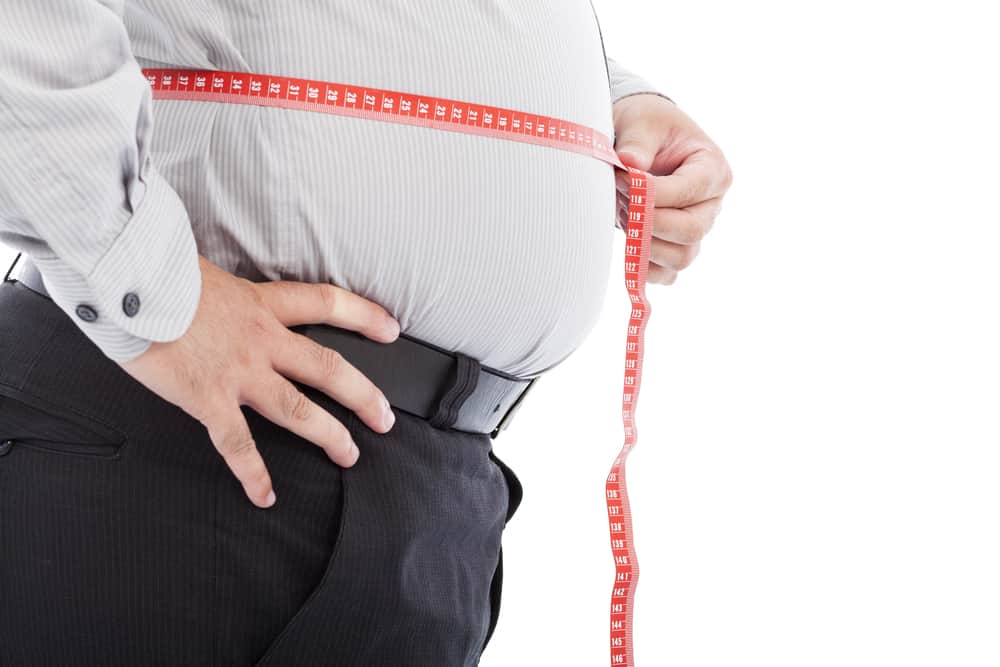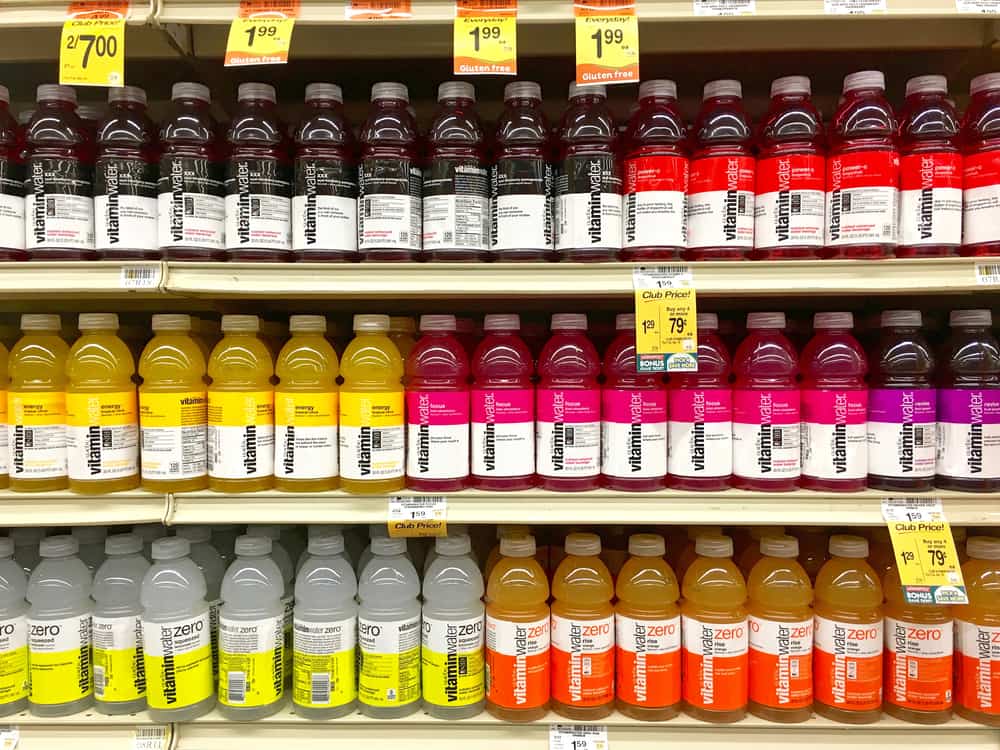Contents:
- Medical Video: Introduction to Atrial Fibrillation by Dr. Kamal Kotak, Sharp HealthCare
- What causes atrial fibrillation?
- Why can atrial fibrillation cause a stroke?
- What are the symptoms of atrial fibrillation?
- How to diagnose atrial fribrillation?
- How to treat atrial fibrillation?
Medical Video: Introduction to Atrial Fibrillation by Dr. Kamal Kotak, Sharp HealthCare
Atrial fibrillation is a type of arrhythmia in which the upper chambers of the heart (atrium) pulsate irregularly. This erratic pulse can be very fast (more than 300 beats per minute), making it difficult for blood to circulate freely from the atrium into the lower chambers of the heart known as the ventricles. Atrial fibrillation can be temporary, recurrent, or permanent.
What causes atrial fibrillation?
Most cases of atrial fibrillation can be associated with diseases that affect the heart's structure for many years, which is one of the main reasons why atrial fibrillation is most common in the elderly. For example, chronic high blood pressure that is not treated so that it forces the heart muscle to work hard to pump blood throughout the body. This will increase the size of the heart muscle, triggering a condition called cardiomegaly. As the size of the heart expands, the muscles become stiff, making it more likely to be affected by atrial fibrillation.
Other disorders that can cause atrial fibrillation include heart valve disease (such as rheumatic heart disease), swelling (pericarditis) or fluid around the heart (pericardial effusion), heart attacks, and diseases of the heart's electrical conduction system (such as sinus syndrome).
Not all conditions that cause atrial fibrillation can directly affect the heart. For example, excess thyroid hormone production by the thyroid gland (hyperthyroidism) can cause atrial fibrillation, as well as lung disease and infections, such as pneumonia.
Atrial fibrillation can also be caused due to emotional or physical stress, alcohol, nicotine, and caffeine.
Why can atrial fibrillation cause a stroke?
Depending on a person's age and the specific causes of chronic atrial fibrillation, the incidence of stroke in people with this disorder can range between 5-17 times higher than people without atrial fibrillation. Generally, atrial fibrillation causes cardioembolic strokes caused by a blockage of blood clots that detach from the heart and block blood vessels in the brain. Blood clots that form over a long period of time due to static blood flow or due to chaotic blood flow, both can occur due to erratic heartbeat and irregular atrial fibrillation.
What are the symptoms of atrial fibrillation?
People with atrial fibrillation often experience palpitations, a condition in which the heart beats very fast. This very fast and irregular heartbeat can be very extreme due to the obstruction of blood flow to the heart chamber. This can cause chest pain, fainting, or even a sensation of choking.
How to diagnose atrial fribrillation?
Atrial fibrillation is easily detected by an electrocardiogram (ECG). If someone suffers from atrial fibrillation, the test results will show speed and heartbeat irregularities where contractions of the heart atrium range from 300-500 per minute; heart chamber contractions (pulse) will range from 120-170 beats per minute. If atrial fibrillation appears and disappears and reappears, the doctor will use a heart monitor portable called the Holter monitor to make a diagnosis. The patient will carry the monitor anywhere that can record even a very short atrial momentfibrillation of about 24-48 hours.
How to treat atrial fibrillation?
Treatment of atrial fibrillation aims to control the heart rate because an abnormal heart rhythm can spread from the atrium to the chamber and cause the heart muscle to be threatened. In people with acute heart disease, atrial fibrillation can even cause a heart attack. Drugs commonly prescribed by doctors to control heart rate include beta-blockers, such as metoprolol and other drugs such as digoxin and diltiazem. In some cases, doctors can use a heart shock device and stop the abnormalities that cause atrial fibrillation.
An important aspect of treating atrial fibrillation is blood dilution with a drug called coumadin.

